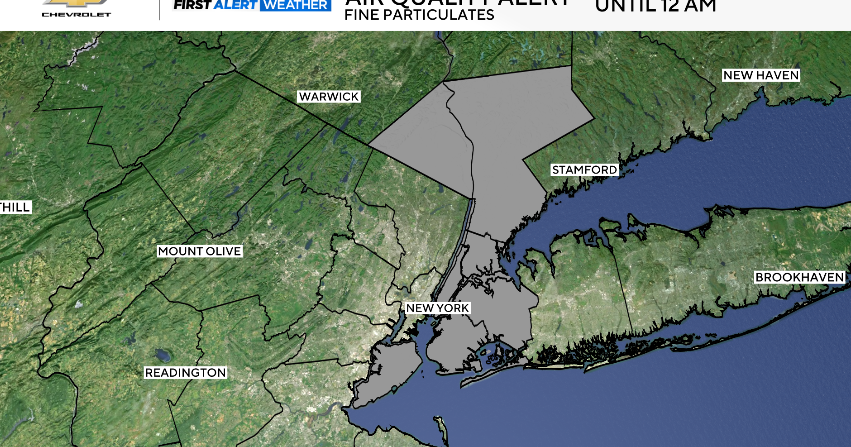Study Finds Trees Save More Than 850 Lives A Year
SYRACUSE, N.Y., (CBS) – A recent study by the U.S. Forest Service found that by removing pollution from the air, trees are saving lives and preventing respiratory problems.
According to the study, U.S. Forest Service scientists and collaborators calculated that trees are saving more than 850 human lives a year and preventing 670,000 incidences of acute respiratory symptoms. This is the first broad-scale estimate of air pollution removal by trees nationwide, according to a news release.
Researchers considered four pollutants: nitrogen dioxide, ozone, sulfur dioxide, and particulate matter less than 2.5 microns.
According to the study, while trees' pollution removal equated to an average air quality improvement of less than one percent, researchers claim the impacts of that improvement are substantial. Researchers valued the human health effects of the reduced air pollution at nearly $7 billion every year in a study published recently in the journal Environmental Pollution.
The scientists also found that pollution removal is substantially higher in rural areas than urban areas, however the effects on human health are substantially greater in urban areas than rural areas because of their proximity to people.
"With more than 80 percent of Americans living in urban area, this research underscores how truly essential urban forests are to people across the nation," said Michael T. Rains, Director of the Forest Service's Northern Research Station and the Forest Products Laboratory in a news release.
"In terms of impacts on human health, trees in urban areas are substantially more important than rural trees due to their proximity to people," researcher Dave Nowak said in a news release. "We found that in general, the greater the tree cover, the greater the pollution removal, and the greater the removal and population density, the greater the value of human health benefits."
For more on the study's findings, click here.
Must Read Today's Top Talkers







